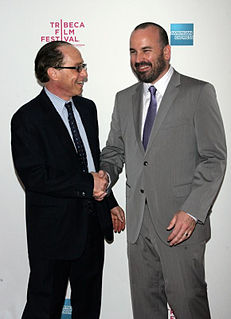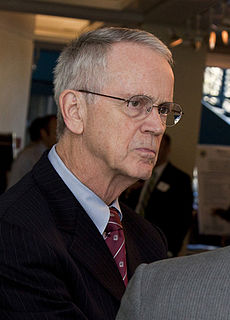A Quote by Om Malik
While in the early days of networks, growth was limited by slowness and cost at numerous points - expensive telephone connections, computers that crashed, browsers that didn't work - the rise of the smartphone has essentially changed all that.
Related Quotes
It is often reported that the Five Points of Calvinism are the conceptual hard-core of Reformed thought. That is very misleading. The Five Points supposedly originate with the Synod of Dort in the early seventeenth century. Yet we find important Reformed leaders who were signatories to that documentation who don't think that limited atonement is the right way to think about the scope of Christ's saving work. How can this be? The answer that recent historical theology has thrown up is that the canons of the Synod don't require adherence to the doctrine of limited atonement.
A source of strength in the early days was that groups in various parts of the world were prepared to construct experimental computers without necessarily intending them to be the prototype for serial production. As a result, there became available a body of knowledge about what would work and what would not work.
In the United States all business not transacted over the telephone is accomplished in conjunction with alcohol or food, often under conditions of advanced intoxication. This is a fact of the utmost importance for the visitor of limited funds... for it means that the most expensive restaurants are, with rare exceptions, the worst.
I'm excited about the emergence of tokens, and while I'm skeptical of many of the early projects being launched, I do believe we are seeing the emergence of an entirely new asset class that will foster the growth of a new investment community, a new set of social networks, and most importantly, a new class of technologies.
A smartphone links patients' bodies and doctors' computers, which in turn are connected to the Internet, which in turn is connected to any smartphone anywhere. The new devices could put the management of an individual's internal organs in the hands of every hacker, online scammer, and digital vandal on Earth.






































